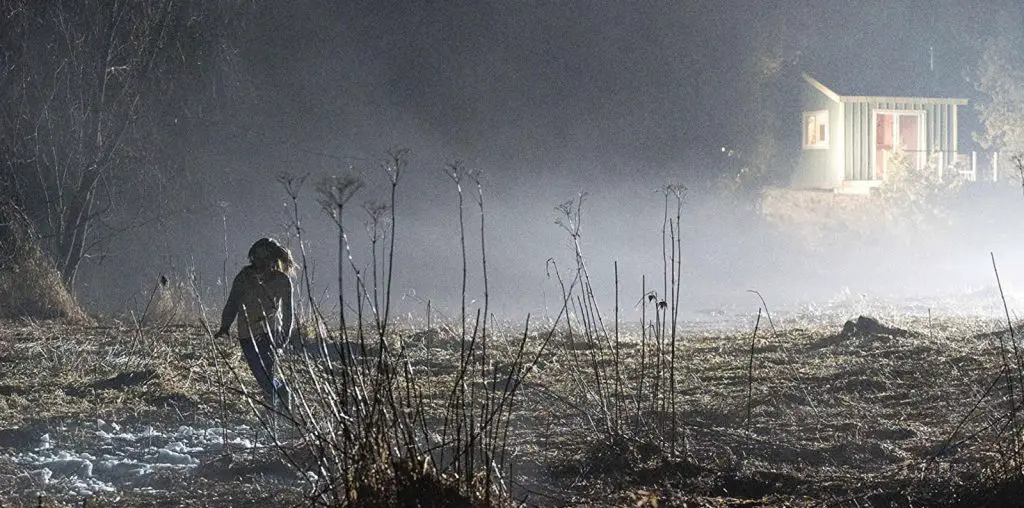
* * *.5
Director: Liliana Cavani
Writers: Liliana Cavani (screenplay); Barbara Alberti, Italo Moscati, Amedeo Pagani (story)
Producer: Esa de Simone & Robert Gordon Edwards
Starring: Dirk Bogarde, Charlotte Rampling, Philippe Leroy, Gabriele Ferzetti, and Giuseppe Addobbati et al.
1974
Pursed Lips and Suspenders: The Night Porter
Week 18 of Film Phonics was a bit different from the previous weeks because rather than offer five completely random words, I decided to choices that dealt with a specific theme: people’s names. The potential films for review would have included what Lila says about sex and Lucia with dirty Harry on the Truman show. Alas, “porter” received the highest number of votes; and thus, I watched Liliana Cavani’s film “The Night Porter” (1974).
If “thought-provoking” is a euphemism for “controversial” and “provocative” for “offensive,” then “The Night Porter” could certainly be provocative. Set in 1957 Vienna, Cavani’s film concerns the consequences of a serendipitous reunion between two individuals whose lives during World War II intersected in an intimate—and even perverse—manner manner.
Maximilian Theo Aldorfer (Dirk Bogarde) is the night porter—hence the film’s title—at Hotel zur Oper, which happens to be where Mr. Atherton (Marino Mase), an orchestra conductor, and his wife Lucia (Charlotte Rampling) are guests. Part of the story deals with the question of whether or not Max will be punished for the medical horrors he instigated and participated in during the war. The other part involves exploring whether Lucia thinks of Max fondly or not. Flashbacks dispersed throughout the film provide the viewer with the context of their acquaintanceship: he, an SS officer; she, what he lovingly calls “his little girl.”
The first shot of recognition between Max and Lucia is so subtle and yet so powerful. Lucia’s eyes stare in an _expression of disbelief that is as likely to be fear as it is joy. Max and Lucia’s first proper encounter occurs after she requests the front desk to place a call to a hotel in Frankfurt, where her husband is waiting. Max feigns compliance, cancels the call, and goes upstairs to Lucia’s room. He tells her that “there are no lines to Frankfurt.” His voice crescendos in volume as he demands to know why she is at his hotel, and then he wrestles with her until they both fall onto the floor. This interaction triggers a “recreation” of their past. Violence and resentment turns into reciprocated desire. Punching and pulling slip into kissing and caressing. The central scene in this sequence lasts for approximately four uncut minutes.
The insert of the Criterion Collection DVD mentions that when Cavani’s film was released in theatres in 1974, “some viewers were disturbed that a woman director was portraying a female concentration camp survivor as the masochistic sex object of her Nazi captor,” which is a perfectly normal and valid reaction, especially if the sadomasochistic element is interpreted as a manifestation of the Stockholm Syndrome (captors and their victims develop a regard for each too empathetic for society’s tolerance).
Underneath the postwar setting, underneath the examination of what people will do to survive, “The Night Porter” suggests that the worst of times and the best of times aren’t always mutually exclusive. They aren’t even opposite sides of the same coin. If the line separating pleasure and pain is so tenuous, isn’t it possible that what hurts the most could be missed the most? Just over three decades have passed since Cavani’s thought-provoking film compelled its viewers to stretch the boundaries of their cinematic comfort zone. Compared to “Irreversible,” “Haute Tension” or “Saw” in visceral recoil potential, “The Night Porter” doesn’t seem as potent. I highly recommend it.
